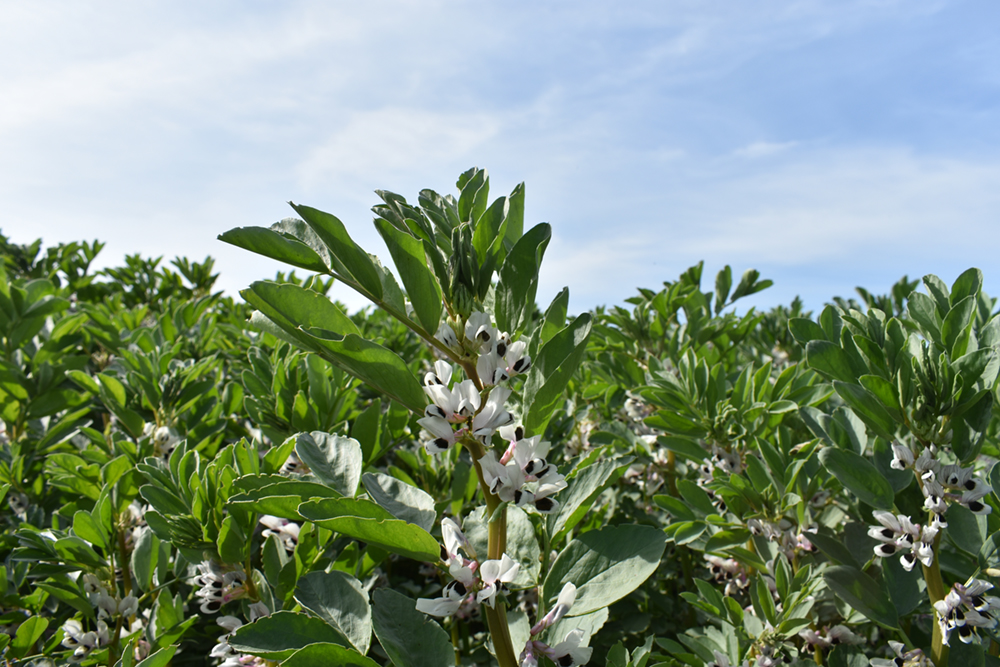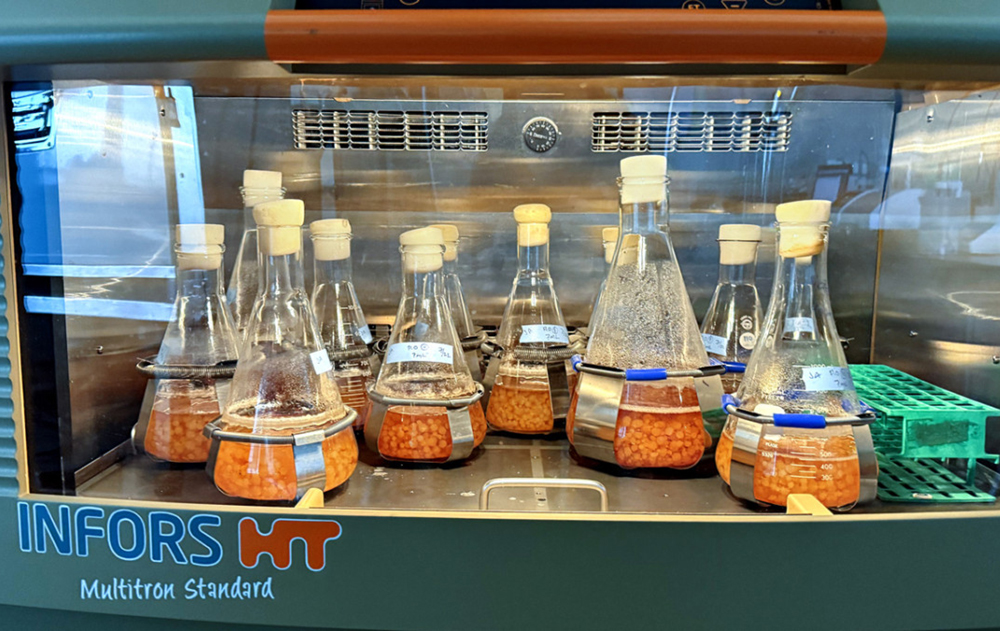

Oobli introduces sweet-protein ingredient as new approach to sugar reduction
Oobli has introduced a new sweet-protein ingredient intended to offer food and beverage manufacturers an alternative to sugar at a time when public policy, retail trends and consumer health concerns are prompting reformulation across the packaged food sector. Announced on 18 November 2025, the launch followed growing industry interest in non-sugar sweetening options as manufacturers faced pressure to reduce added sugars in their portfolios.
The company’s sweet-protein ingredient is derived from proteins found in the Oubli fruit, which grows primarily in West Africa. Oobli said the ingredient delivers a sugar-like taste while being metabolized as a protein rather than a carbohydrate. The company framed this as a potential way to address challenges associated with high consumption of added sugars, including blood-glucose spikes and other health impacts.
The launch came amid several developments influencing the reformulation landscape. US federal programs have introduced new efforts to reduce sugar in school lunches, regulators have been evaluating definitions related to ultra-processed foods, and large retailers such as Walmart have moved to remove certain artificial colors from private-label products. At the same time, the use of GLP-1 drugs for weight-management has expanded rapidly, contributing to wider discussions about the role of diet in long-term health outcomes.
Jason Ryder, Founder & CTO of Oobli and an Adjunct Professor at the University of California, Berkeley, said the industry was at a turning point. “We now have an opportunity to change the trajectory of human health and wellbeing with a better and more nourishing form of sweetness from sweet proteins,” he said. Ryder noted that current trends in chronic disease placed growing attention on dietary patterns. “GLP-1 is symptomatic of our tendency to react to health problems rather than proactively seeking real change,” he said.
Oobli’s ingredient is produced through a fermentation process that recreates sweet proteins found in fruit. The company described the ingredient as nature-identical, derived from plants but grown through fermentation to enable scale. Unlike conventional or alternative carbohydrate-based sweeteners, the sweet proteins are not absorbed in the same way in the digestive system, which the company said may help avoid rapid glycemic responses. Oobli also said the ingredient avoids some taste challenges associated with existing sweetening solutions.
The protein is significantly sweeter than sugar, with one gram capable of replacing up to 1,000 grams of sugar, according to Oobli. The company said this allowed for substantial reductions in sugar use without altering taste. It also said the ingredient held potential sustainability benefits in the long term. Ali Wing, CEO of Oobli, said small shifts in sweetener sourcing could have measurable environmental effects. “If we’re able to displace just 1% of sugar use in the food system, we would save 525,000 acres of increasingly scarce farmland, reduce carbon emissions by a million metric tons and save 88 million gallons of precious fresh-water resources,” she said.
Oobli has attracted interest from major food and ingredient companies. Its collaborators include Bimbo, Mars and Ingredion. Ingredion, which has invested in sweet-protein development, said the technology supported broader industry efforts to reduce sugar without compromising taste. “Our collaboration with Oobli on sweet proteins represents an exciting step forward in sugar reduction – one that aligns with our broader mission to enable healthier choices across the food and beverage industry,” said Nate Yates, Vice President & General Manager of Sugar Reduction and Fiber Fortification and CEO of PureCircle at Ingredion.
Oobli said the sweet-protein ingredient had secured the necessary GRAS certifications for its intended uses in the food system and was suitable for a variety of product categories. The company positioned the launch as an opportunity for manufacturers seeking alternatives that are compatible with existing processes and capable of meeting consumer expectations for familiar taste profiles.
The introduction of Oobli’s ingredient formed part of a wider trend in which producers are testing new approaches to reduce added sugars in packaged foods and beverages. Oobli said it expected its sweet-protein platform to support manufacturers aiming to update formulations while maintaining taste, nutritional considerations and cost targets.
If you have any questions or would like to get in touch with us, please email info@futureofproteinproduction.com

.png)






